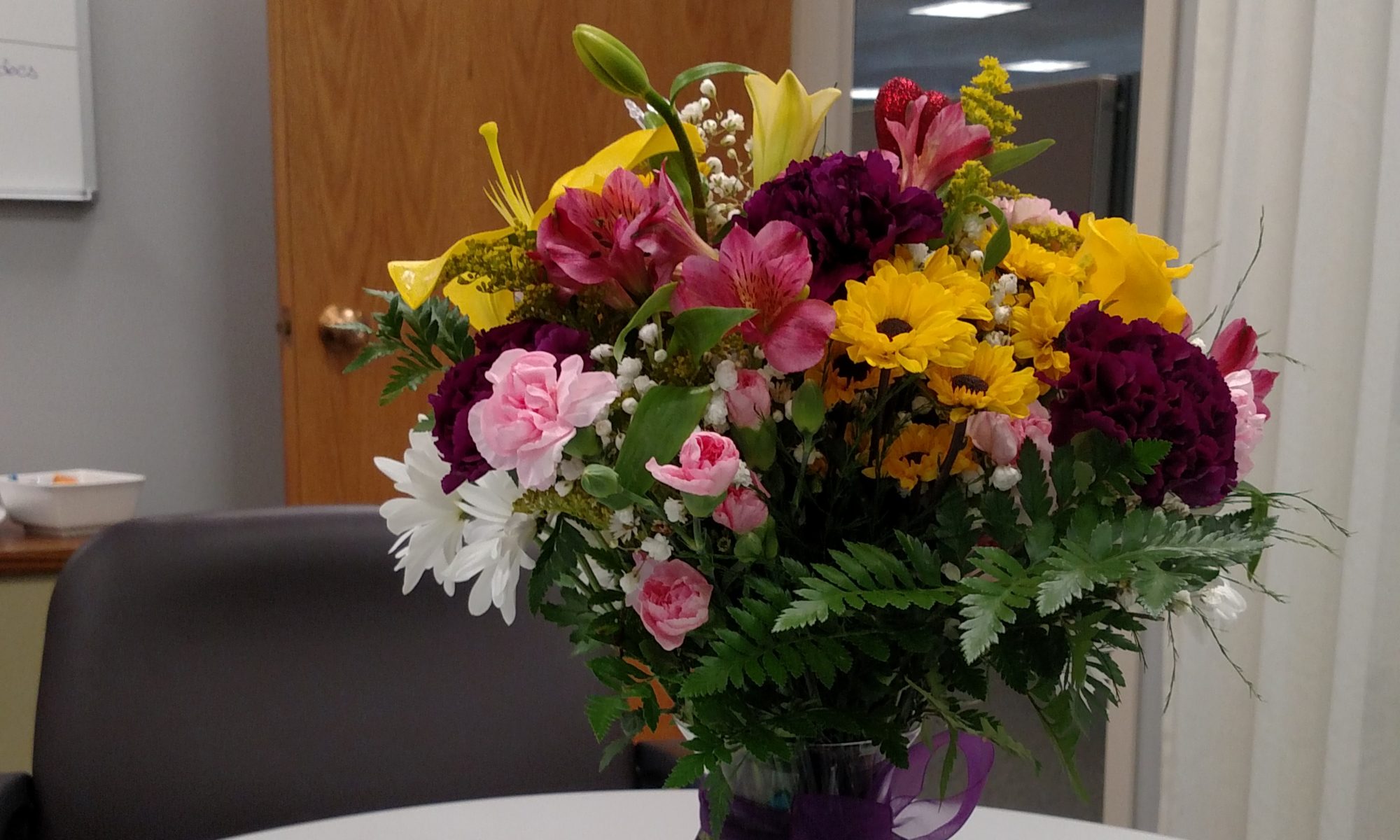
and it’s not “I want a better desk chair.”
Never miss a blog. Sign up here for my Monday morning newsletter – “It’s Monday”. You’ll get information about new programs and offers, links to interesting videos and books all in your inbox.
My step-dad taught me to hike. Always have a map. Break-in your boots. Use a damn stick. Know a lot of jokes and stories to tell – these are pretty much the rules. Oh, and turn around and give the person behind you a hand.
After any particularly tricky ascent, he would always turn around and offer me his hand. If I was ahead of him and I turned and offered my hand, he would always take it. Even though he outweighed me, even though I often didn’t have such a great foot plant, he never refused a hand up. He also never failed to offer one.
There’s a dignity in having someone accept the hand you offer to them. There’s a mutual respect there. It’s nice.
It’s also good to have the person you’re hiking with, turn around and offer you their hand. They remember you, they acknowledge you.
A lot of hikers will refuse that hand offered to them. They don’t want to pull the other person off balance, they might say. But I think they just don’t feel comfortable taking a hand that’s reaching out. These same hikers would be the first person to offer up a hand or food or water on the trail. It’s not the offering of help that bothers them, it’s the taking.
“I don’t like to ask for help.”
I hear that one so often from my clients. They’re talking about seeking out an assist on a problem that they are wrestling with. They’re talking about trying to finish a large project when they don’t have enough time. They’re talking about what they make it mean when they ask for help.
Here’s what it means:
Nothing.
Work is a collaborative effort. Seeking help or accepting help is just how work gets done. Accepting help only means one thing – you’ll get done faster.
It’s possible to lean on people too much or to ask for too much help, but if you’re a person that doesn’t ask for any help – this is not your issue.
So this week, set yourself up for success. Resolve to offer help once a day, and accept help when it’s offered.
And that? Is just a good way to stay on track.





